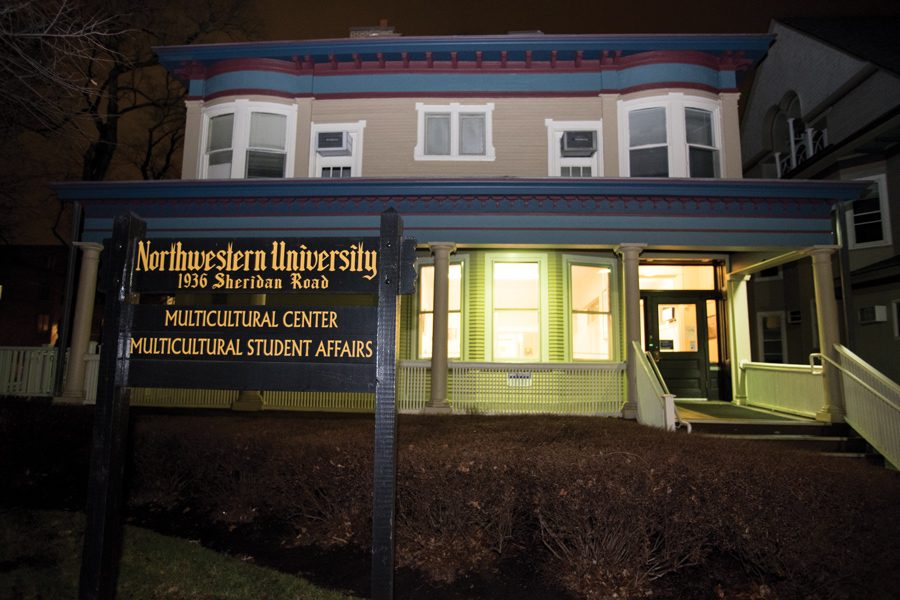Reading your heritage: affinity book clubs on campus
Daily file photo by Colin Boyle
Northwestern’s Multicultural Center, 1936 Sheridan Rd. MSA runs several affinity book clubs.
February 22, 2021
Content warning: This article includes mentions of sexual assault.
Northwestern’s Asian Pacific Islander Desi American affiliation group discussed the culture of victim-blaming survivors of sexual assault, especially on college campuses, after reading Chanel Miller’s “Know My Name.”
The APIDA Book of the Quarter is co-hosted with the University’s Asian American Studies Program to introduce contemporary works of Asian-American authors. The Jan. 26 discussion is part of four reading series organized by Multicultural Students Affairs. Community members at these series reflect on and discuss a work by an author that shares their identity.
The APIDA Book of the Quarter is co-hosted with the University’s Asian American Studies Program to introduce contemporary works of Asian-American authors.
Christine Munteanu, the assistant director of the MSA team, said the book discussion aims to encourage inclusion, awareness and resonance among the University’s students and faculty.
“Through MSA’s book clubs, we aim to uplift the lived experiences of marginalized communities,” Munteanu says. “We also hope that students can connect to and see themselves reflected in the stories, themes and authors we explore and provide a space to make meaning together.”
MSA runs three other cultural reading groups in conjunction with APIDA Book of the Quarter. The Indigenous Reading Series pushes students to explore the perspectives of Indigenous people through literature. The Queer Book Club, co-hosted with the Gender and Sexuality Studies Program, recently discussed queer love story “Little Blue Encyclopedia.”
The Latinx Book Club is the last of the series, which unlike the others announces the book months prior to the event, giving students time in building their thoughts over the work.
Varying the types of work itself is also a key consideration. Not only does it keep the discussions varied, but it also makes the readings more manageable for busy students, Munteanu said.
“We’ve read novels, short story collections, poetry and graphic novels—we also try to select books that aren’t too long so they feel accessible and students can read them on top of all the other school work and readings they may have,” Munteanu said.
Weinberg senior Emily Wang, who has attended both the APIDA and the Indigenous book clubs, said the respectful, inviting environment makes the reading series stand out.
“I think one of the best things about the way that MSA does its book clubs is that I can just share what I’m comfortable sharing and the discussion is not aggressive at all,” Wang said. “Sharing your story in that environment feels like such a relief.”
Medill sophomore Nick Song said affinity-based events like the reading series play an important part in students maintaining a connection with their background.
“When talking to people who share parts of my identity, I don’t have to explain the nuance or context of everything I share,” Song said.
Email: [email protected]


